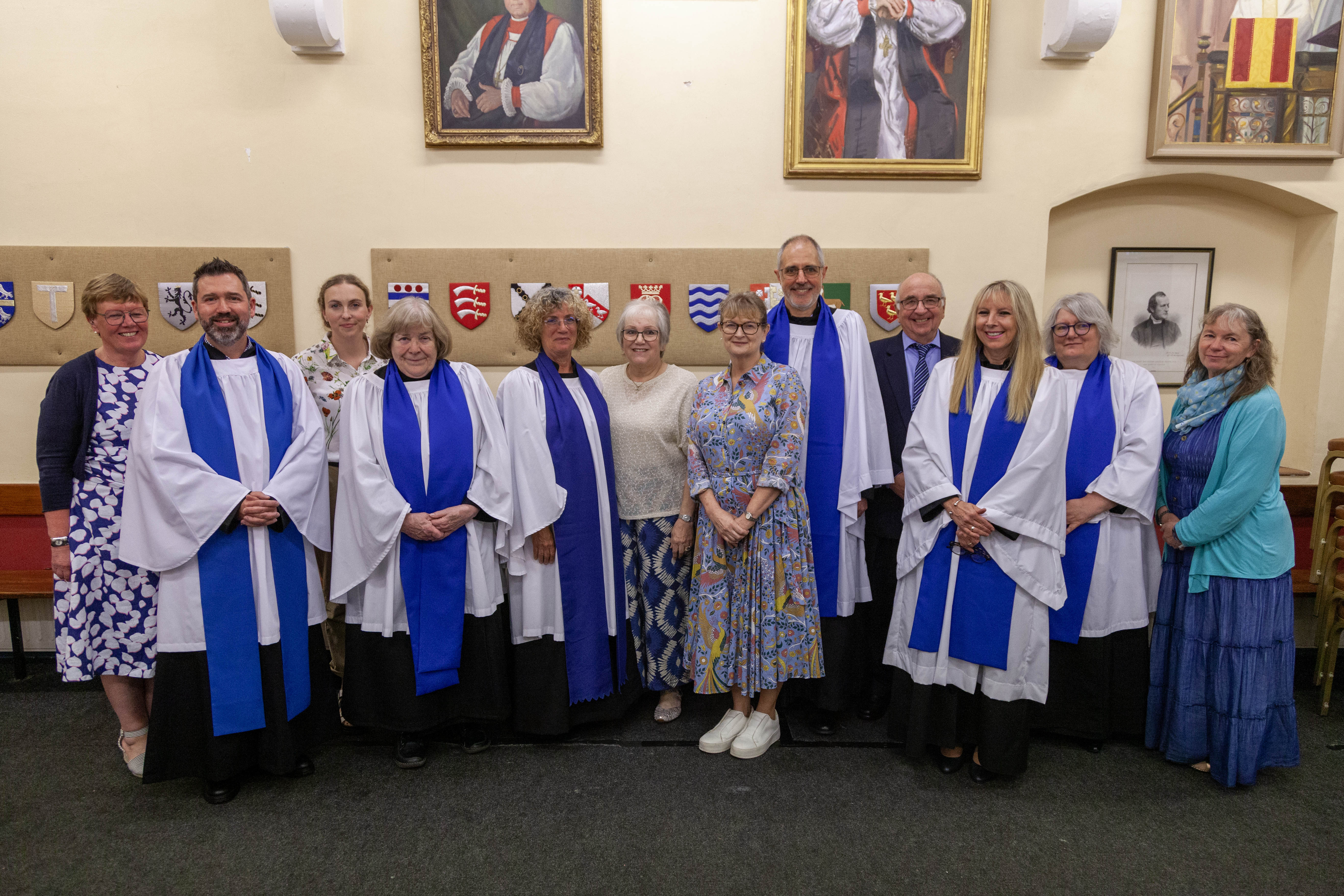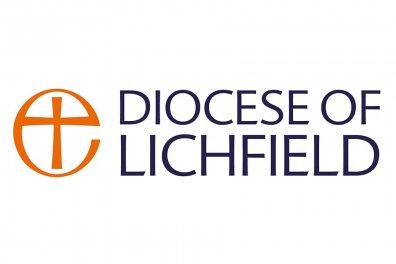 What is a Reader?
What is a Reader?
Readers are Lay Ministers who exercise their ministry with a Licence or a Permission to Officiate.
The growth in Reader ministry has been one of the great success stories in the Church of England. The office of Reader is over 150 years old and there are currently around 250 Readers active in Lichfield Diocese.
Reader is the only lay ministry that is voluntary, nationally accredited, licensed by a bishop and governed by canon.
Readers are trained to be lay theologians, equipped for leadership in its broadest sense within their parishes, communities and society. They are often seen leading worship or preaching wearing a blue scarf. However, Reader ministry is much broader than you might imagine.
There are three areas of specific interest for Readers:
- to be encouraging enablers of mission
- to be inspirational teachers of the faith
- to be influential leaders in church and society.
Readers can serve God and their communities in many ways, for example:
- Acting as minister of the word at the Eucharist, preaching and leading non-Eucharistic worship
- Working with their incumbent, and their local ministry team, to develop and implement mission action plans
- Working with children and young people in schools and other settings
- Working as chaplains in hospitals, schools and across their communities
- Conducting funerals
- Leading Bible studies and other groups, e.g. Lent and Advent groups
- Pastoral visiting in homes and residential homes
For those interested in Reader training please see CHAD Foundations.
For queries about Reader training please contact Helen Scheven, EA to the Vocations & Training Team
For those wanting more information about Readers post-licensing please see Information for Readers.
For queries about Reader licences or PtOs please contact Cath Hughes, Vocations & Training Co-ordinator.
Reader ministry in the diocese is overseen by Jeanette Hartwell, Director of Ministry
The Warden of Readers for the diocese is the Revd Harvey Gibbons.
 Central Readers Council (CRC)
Central Readers Council (CRC)
The CRC supports lay ministers and their ministry in the Church of England and the Church in Wales. It was originally set up as an independent charity in 1922 to look after Readers, at that time the only recognised lay ministers in the Church in England. Today it supports lay ministry in its diverse forms, publishes the Transforming Ministry magazine and provides a hub for ongoing learning.
For more information see their website: layministry.org.uk/
